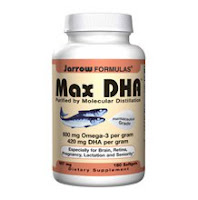I adjust pregnant women in my practice–babies too!
This is what it looks like adjusting an infant. That’s my daughter Violet in the video. She’s three months old. I’m just adjusting her thoracic spine in the vid. Slight distraction, that’s it–tiny pops, like bubble wrap.
I love my family, so I adjust them all. Wouldn’t have it any other way.














